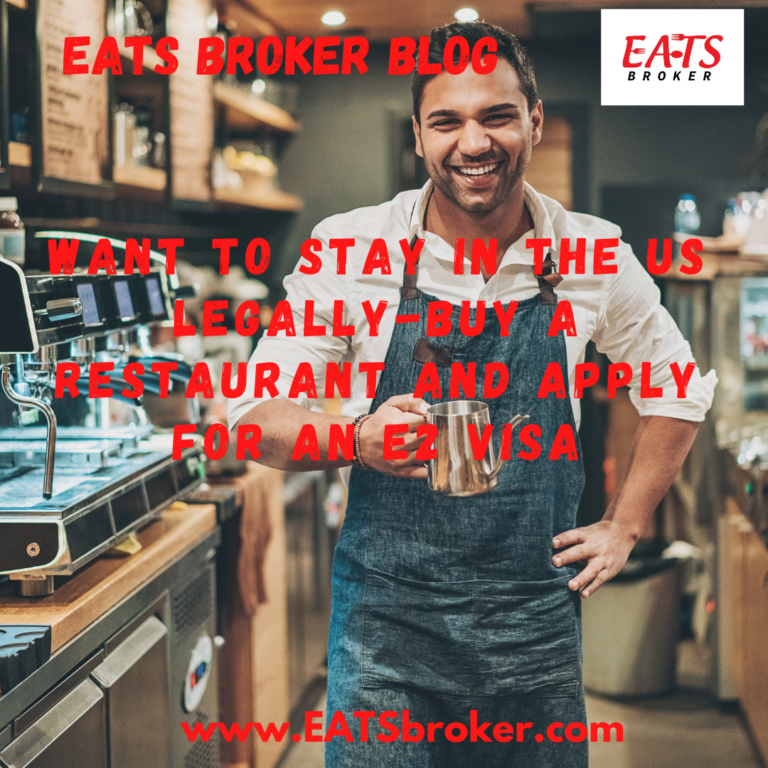
Want to stay in the US legally-Buy a Restaurant and apply for an E2 Visa
Why are E2 Visa purchases popular for people outside the United States who want to enter the Country legally? EATS Broker loves working with individuals

Why are E2 Visa purchases popular for people outside the United States who want to enter the Country legally? EATS Broker loves working with individuals
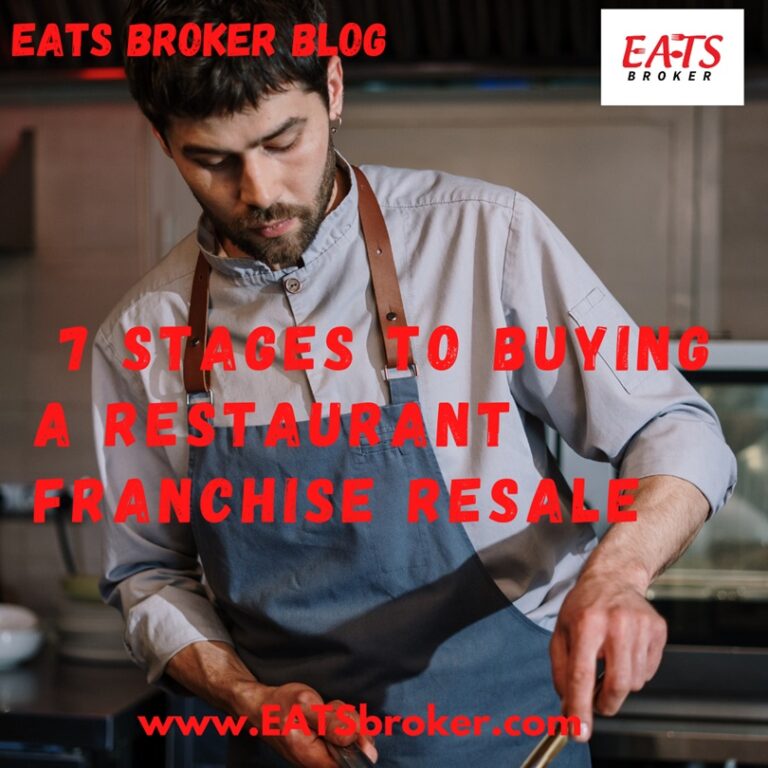
The Stages of Buying a Restaurant Franchise Resale can be complex and sometimes seem never-ending. The Restaurant Broker will provide a road map for success
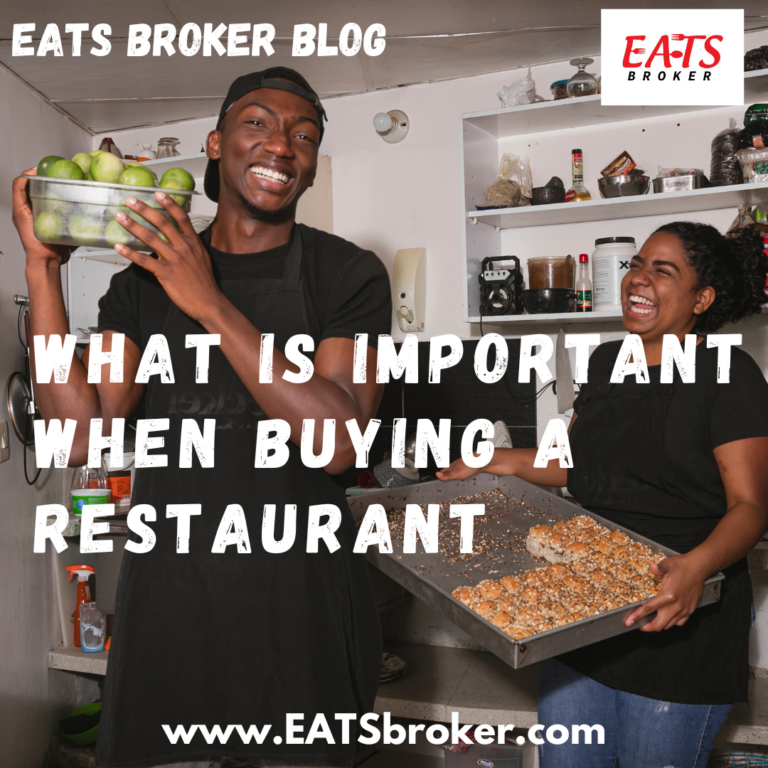
Performance is critical when buying a restaurant, a known fact to savvy buyers today. BizBuySell Insight Report 2024 Q2 reports support the theory that buyers
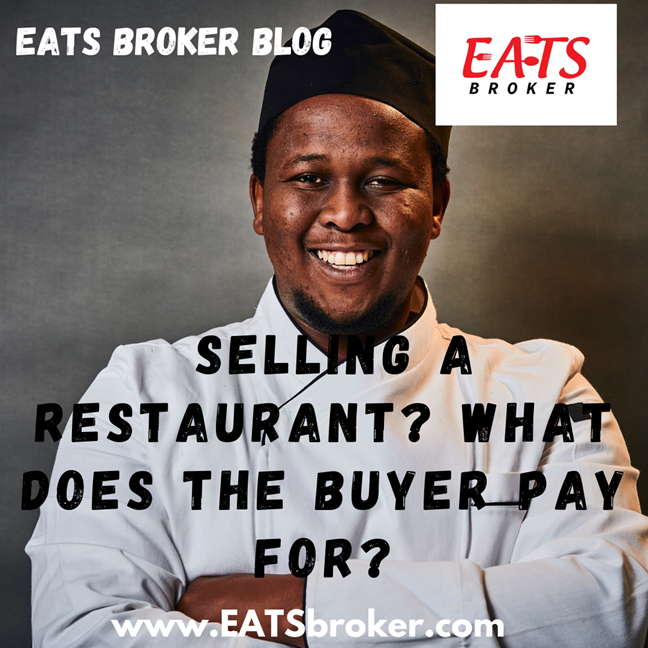
When selling a restaurant, most sellers don’t know what the buyer pays for at the closing table besides the listing price. Outside of the listing
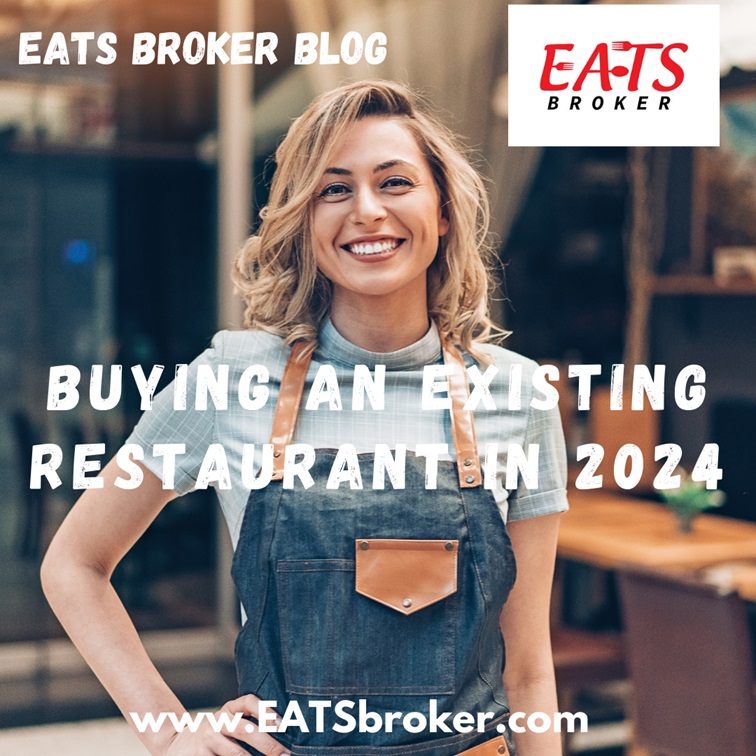
Buying an existing restaurant in 2024 can be a great way to start the year. Buying a restaurant already established and built out can be
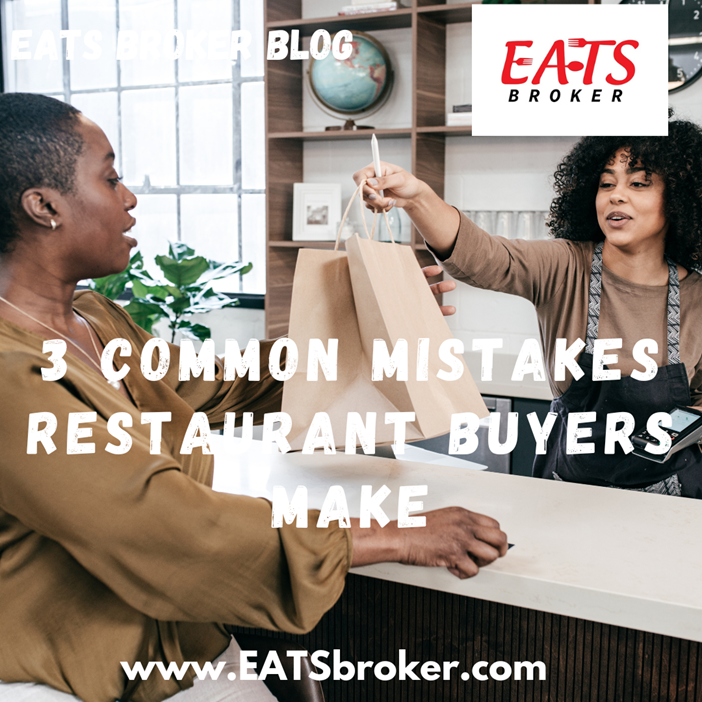
What are the Common mistakes restaurant buyers make when buying a restaurant? The answer is complicated but simple at the same time. There are several
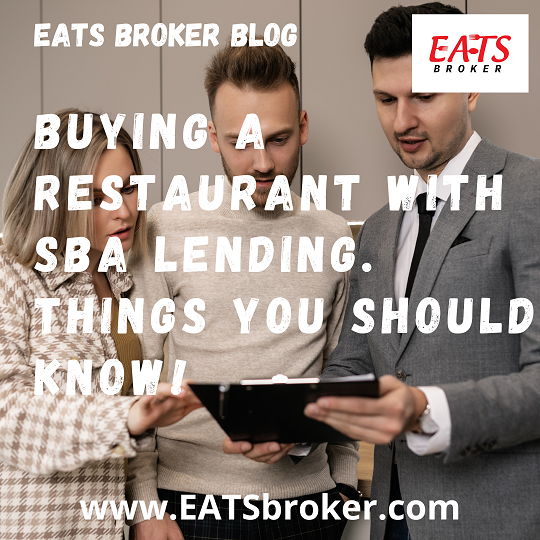
Buying a Restaurant with SBA lending is a great opportunity for buyers to finance up to 90% of the total acquisition cost. Restaurant Acquisitions are
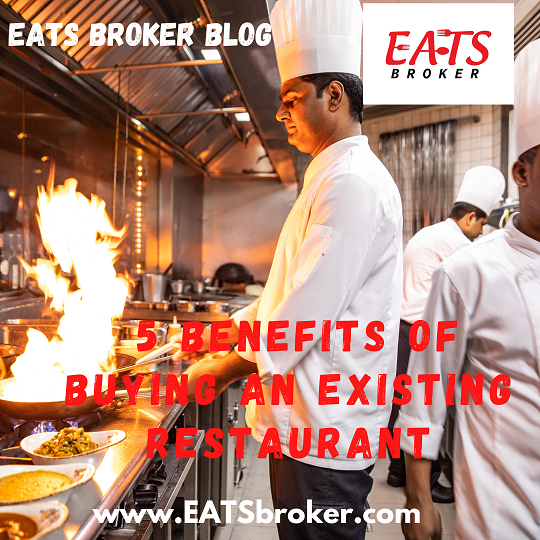
The 5 Benefits of Buying an Existing Restaurant have many positive attributes. The current restaurant owner has built a proven business model, established a client
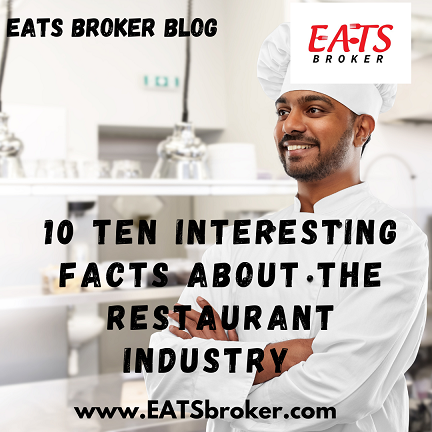
It’s easy to find interesting facts about the Restaurant Industry. The National Restaurant Association publishes a Restaurant Owner Demographics Data Brief every year. After reading

© Copyright 2025 EATS Broker | Consumer Protection Notice | Information About Brokerage Services